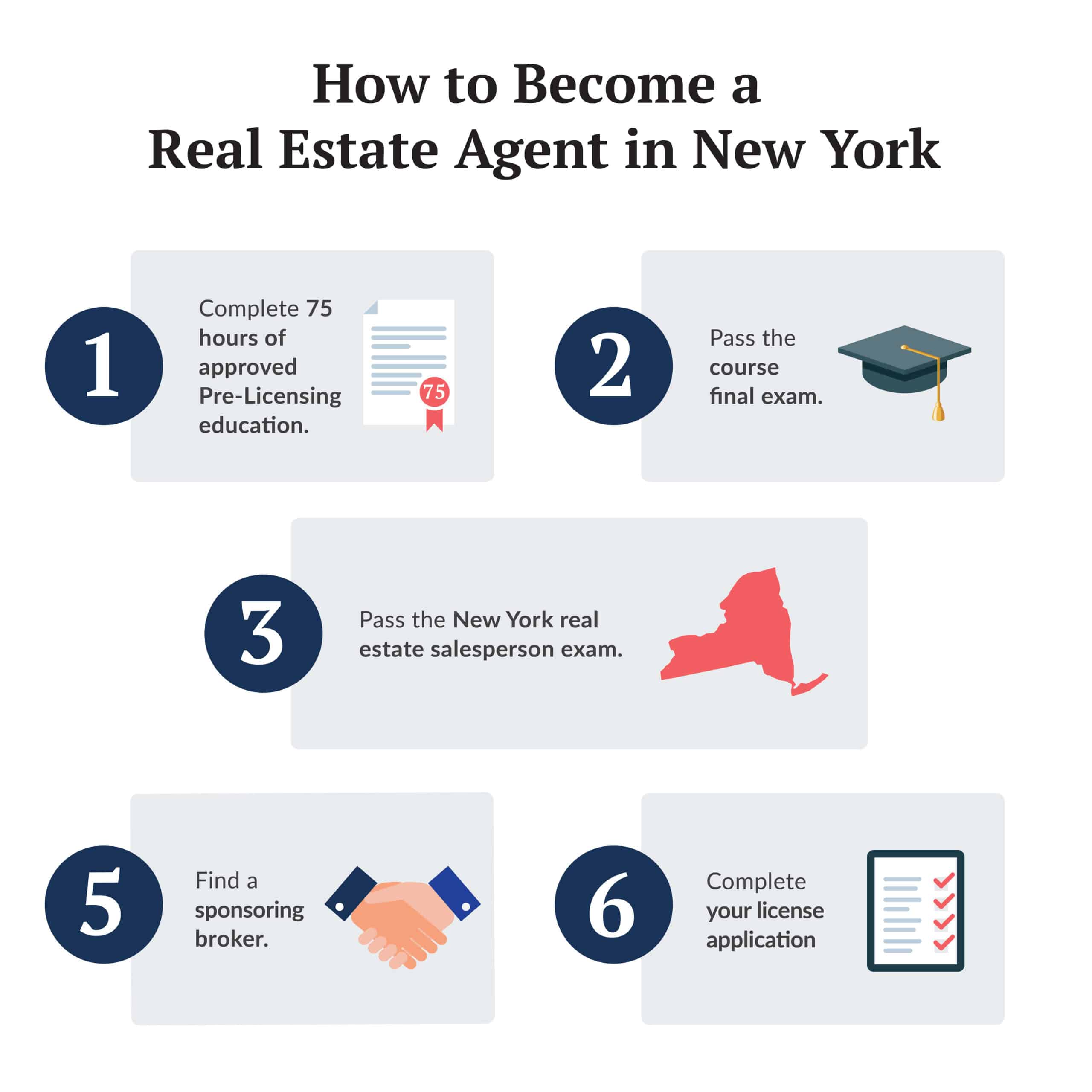
Both buyers and sellers can enjoy the many benefits of owning homes. Owner financing is a better option than a traditional mortgage. It can also make closing much more simple and removes the need to have a loan appraisal. But there are a few things to consider before signing up for a deal. It doesn’t matter which type of financing you are using, it is vital that you understand what you are getting into.
Although owner homes can be a great investment, there are some risks. First, the buyer will have to pay a large down payment, which will be higher than the percentage of the purchase price with a traditional mortgage. This down payment is the seller’s compensation for the buyer’s poor credit history. If the buyer does not qualify for a loan, he may be unable to buy the house. If the buyer defaults on the loan, the lender can seize the property.
Second, the interest rates on seller financing arrangements are typically higher than those for conventional loans. Because of this, the buyer will have to repay the balance of the loan over a longer period. The typical payment is due after five to 10 years. In some cases, a balloon payments will be due after a longer amount of time. A seller may also be required to evict a buyer if the property is in financial difficulty.

The owner of the home must sign a written agreement. The terms of the financing arrangements will be laid out in the contract, which will include the monthly payment amount, the interest rate and the payment schedule. Depending on what the situation is, they might need to hire an attorney to draft paperwork.
Often, the agreement will be binding, and will state how the parties will be able to pay the mortgage if the buyer defaults on the loan. The binding contract may also contain a time frame for repayment and a high rate of interest.
But it is important to know the drawbacks of owner financing. While owner financing can be a great way to save the hassles of getting a loan pre-approved, it can still prove more expensive than other financial options. In addition, if the buyer defaults, the seller can lose the home and all the money that he had paid so far.
It is important to speak with a real estate attorney before entering into any real estate transaction. This will ensure that both parties are satisfied with the terms. Before the contract is signed, it's a good idea for the buyer to talk with you about his options.

Additionally, owner financing can help reduce the buyer’s closing costs. There is no appraisal or origination fee, unlike traditional loans. In addition, you don't need to pay any insurance or property taxes. The buyer can close on an owner financed house faster and without having the property sold in order to finance it.
Sellers and buyers both benefit from owner financing. But it's important that they understand all the details before making a commitment. You can get a lot of benefits from this strategy, but it's not without its risks.
FAQ
Should I use a broker to help me with my mortgage?
Consider a mortgage broker if you want to get a better rate. Brokers can negotiate deals for you with multiple lenders. However, some brokers take a commission from the lenders. Before you sign up for a broker, make sure to check all fees.
What are the cons of a fixed-rate mortgage
Fixed-rate mortgages tend to have higher initial costs than adjustable rate mortgages. A steep loss could also occur if you sell your home before the term ends due to the difference in the sale price and outstanding balance.
How much should I save before I buy a home?
It depends on how much time you intend to stay there. Save now if the goal is to stay for at most five years. But if you are planning to move after just two years, then you don't have to worry too much about it.
What are the top three factors in buying a home?
When buying any type or home, the three most important factors are price, location, and size. Location refers to where you want to live. Price refers the amount that you are willing and able to pay for the property. Size refers to how much space you need.
Statistics
- Based on your credit scores and other financial details, your lender offers you a 3.5% interest rate on loan. (investopedia.com)
- The FHA sets its desirable debt-to-income ratio at 43%. (fortunebuilders.com)
- Private mortgage insurance may be required for conventional loans when the borrower puts less than 20% down.4 FHA loans are mortgage loans issued by private lenders and backed by the federal government. (investopedia.com)
- Some experts hypothesize that rates will hit five percent by the second half of 2018, but there has been no official confirmation one way or the other. (fortunebuilders.com)
- It's possible to get approved for an FHA loan with a credit score as low as 580 and a down payment of 3.5% or a credit score as low as 500 and a 10% down payment.5 Specialty mortgage loans are loans that don't fit into the conventional or FHA loan categories. (investopedia.com)
External Links
How To
How to Find Houses to Rent
For people looking to move, finding houses to rent is a common task. It may take time to find the right house. When it comes to choosing a property, there are many factors you should consider. These include location, size, number of rooms, amenities, price range, etc.
We recommend you begin looking for properties as soon as possible to ensure you get the best deal. For recommendations, you can also ask family members, landlords and real estate agents as well as property managers. This will allow you to have many choices.